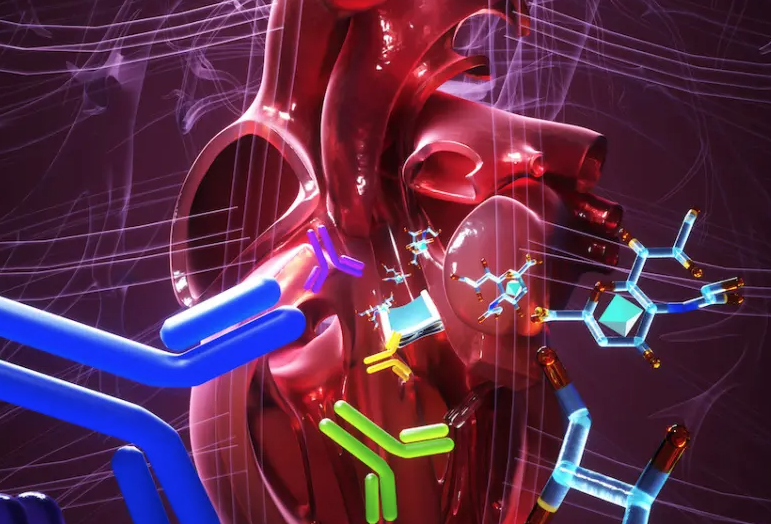Heart valve transplants from animals tend to degenerate over the next decade because of foreign sugars they produce.
A new treatment has been found to be effective in preventing the degeneration of heart valve implants that requires the patient to undergo replacement surgery.
The study, which was published in the peer-reviewed Nature Medicine journal, was led by Dr. Vered Padler-Karavani of Tel Aviv University. The technological development found in the research stems from the EU-funded TRANSLINK.
Heart valve disorders are among the most common cardiovascular diseases, and curative valve replacements surgeries are the second most frequent cardiac operation. The implantation of heart valves from animals known as Bioprosthetic heart valves (BHV) has increased in the past few years over mechanical heart valves for a number of reasons.
One of the benefits of BHVs over mechanical heart valves is that they don’t require lifelong patient anticoagulation, but the problem with them is that they have limited durability due to structural valve degeneration (SVD) which occurs 10 to 12 years after implantation.
“since bioprosthetic heart valves are made of animal tissues, we hypothesized they contain foreign non-human sugars (Neu5Gc and alpha-Gal) that are attacked by the human immune system, which then mediate the calcification that lead to structural valve deterioration,” said Padler-Karavani. “Indeed, in our research, we proved that this was the reason and even suggested an implementable solution.”
We discovered that all bioprosthetic heart valve patients developed an immune response against the foreign sugars in the valves. We could clearly see an increase in antibody responses against these sugars in implanted patients, as early as one month after implantation, some lasting even two years later. We also found that some of the patients showed signs of calcification as early as two years post-implantation.”
The foreign sugars and antibodies that they caused were found in BHVs that were removed from patients some 10 years after they were implanted.
Since the foreign sugars cannot be produced by the human body, people with a diet of red meats were found to have less negative responses to the sugars because they are present in the meat.
The researchers found that genetically modifying the BHV to stop it from producing the sugars foreign to humans significantly reduced the process that caused the BHVs to degenerate and could therefore increase the durability of the BHVs.
“This study marks breakthrough technology in the field of bioprosthetic heart valves and provides a deep understanding of the mechanisms leading to structural valve deterioration,” said Padler-Karavani “These findings can lead to a dramatic improvement in the quality of life of many heart patients.
“Now it would be interesting to study whether vegetarians or people who consume only small amounts of red meat and dairy have a lower probability of heart valve calcification and if this could perhaps be associated with low levels of antibodies against these foreign sugars.
“In the future, it may also be possible to devise a modified diet to reduce the risk or to actually produce biological valves from the tissues of engineered animals that do not contain the sugars at all.”
